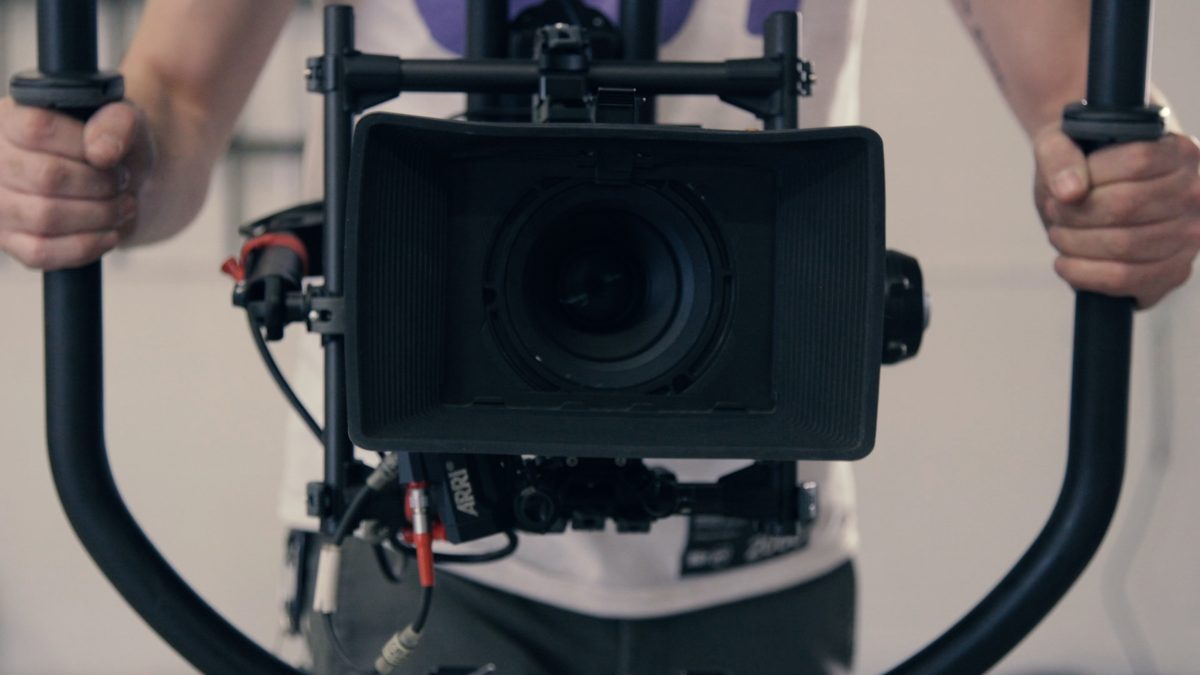Have you been sued by or been threatened with being sued by Strike 3 Holdings, LLC? If so, then you are not alone. Strike 3 Holdings, LLC, which has gained a reputation as being a “copyright troll” due to the number of copyright infringement disputes it is involved in, is an adult film producer for movies under brand names such as Blacked, Tushy, and Vixen. It will often, through legal counsel, seek to extract an early settlement by, at least in part, concerning the defendant with the possibility that his or her name becomes attached to the complained of activity in a public filing.
If you have received a demand letter or you have been named a defendant in such an action, then feel free to contact us about your particular issue. We keep all communications confidential, pride ourselves on quick and active responses, and do not charge for initial consultations.
Strike 3 Holdings’ general tactic is to initiate what is called a Complaint in Equity for a Pure Bill of Discovery. This type of Complaint is often brought in the county court in and for Miami-Dade County, Florida. Strike 3 Holdings, at this stage, is only seeking to determine the name and address of individuals attached to an IP address that it has identified as allegedly infringing upon Strike 3 Holdings’ copyrighted content, with the stated intention of subsequently filing a copyright infringement action against those who are identified as the infringers.
Oftentimes, Strike 3 Holdings is able to identify these IP addresses based on the downloading of torrent files through platforms such as BitTorrent. Strike 3 Holdings will assert jurisdiction in Florida for its initial proceeding, even though Strike 3 Holdings is technically registered to do business in Delaware, based on a claim that the alleged infringers obtained and distributed the copyrighted movies across the United States, including Florida, and because Strike 3 Holdings has servers located in Florida.
Strike 3 Holdings does not always prevail in these cases. A recent example comes from a State of Washington federal court case. In that case, Strike 3 Holdings, LLC v. John Doe (73.225.38.130), the court first noted that Strike 3 Holdings had the burden of proof with respect to infringement. It then determined that Strike 3 Holdings provided no evidence that John Doe in that case copied any of Strike 3 Holdings’ copyrighted motion pictures. A footnote found in one of the court’s orders is especially insightful.
As observed by the Honorable Royce C. Lamberth, the method of identifying copyright infringers by IP address is “famously flawed” for a variety of reasons, including IP address spoofing, the existence of unsecured routers, the ability of malware to crack passwords or open backdoors, the sharing of IP addresses among family members, roommates, guests, neighbors, and others, and the random assignment of IP addresses to a general location if a more specific one cannot be identified by geolocation services. See Strike 3 Holdings, LLC v. Doe, 351 F. Supp. 3d 160, 162 (D.D.C. 2018). Moreover, dynamic IP addresses might be reassigned to many different individuals during a short timeframe, and these frequent changes create a significant chance of misidentification. See Strike 3 Holdings, LLC v. Doe, 2019 WL 5446239 at *11 (D.N.J. Oct. 24, 2019). In this matter, Exhibit A to the Complaint lists dates of BitTorrent activity spanning from May 10, 2017, through December 1, 2017, see docket no. 43-1, but the only time for which the ISP provided subscriber information in response to Strike 3’s expedited discovery request was September 5, 2017, at 10:40:33 GMT. See Comcast Letter (docket no. 11). Strike 3’s assertion that John Doe was the subscriber for IP address 73.225.38.130 at any other moment is entirely unsupported by the record.
Strike 3 Holdings ended up being required to compensate the defendant for his attorney’s fees and costs in that matter. The language used by the court should be of particular interest.
Many courts have articulated concerns about the motivations involved in pursuing these types of cases, which appear to be extortive, forcing individuals, who would be embarrassed by allegations that they have been visiting pornographic websites, to pay nuisance-value amounts to keep their names out of publicly-available documents. See Malibu Media, 2016 WL 3383758 at *2-*3. The pattern of filing numerous suits, and then dismissing those in which the defendant does not quickly agree to settle, manifests a lack of intent to bring these matters to trial, and reinforces the sense that the plaintiffs are simply in the “shakedown” business. Id.
As a federal judge in the District of Columbia once wrote in a Strike 3 Holdings case, “Strike 3 floods this courthouse (and others around the country) with lawsuits smacking of extortion. It treats this court not as a citadel of justice, but as an ATM.” While there may be instances in which a defendant or potential defendant should make an early offer to settle a case pre-suit or at the early stages of litigation, that is a fact-intensive inquiry that should be handled with the help of able and experienced counsel. We are happy to look at your specific issue and provide that type of guidance.

